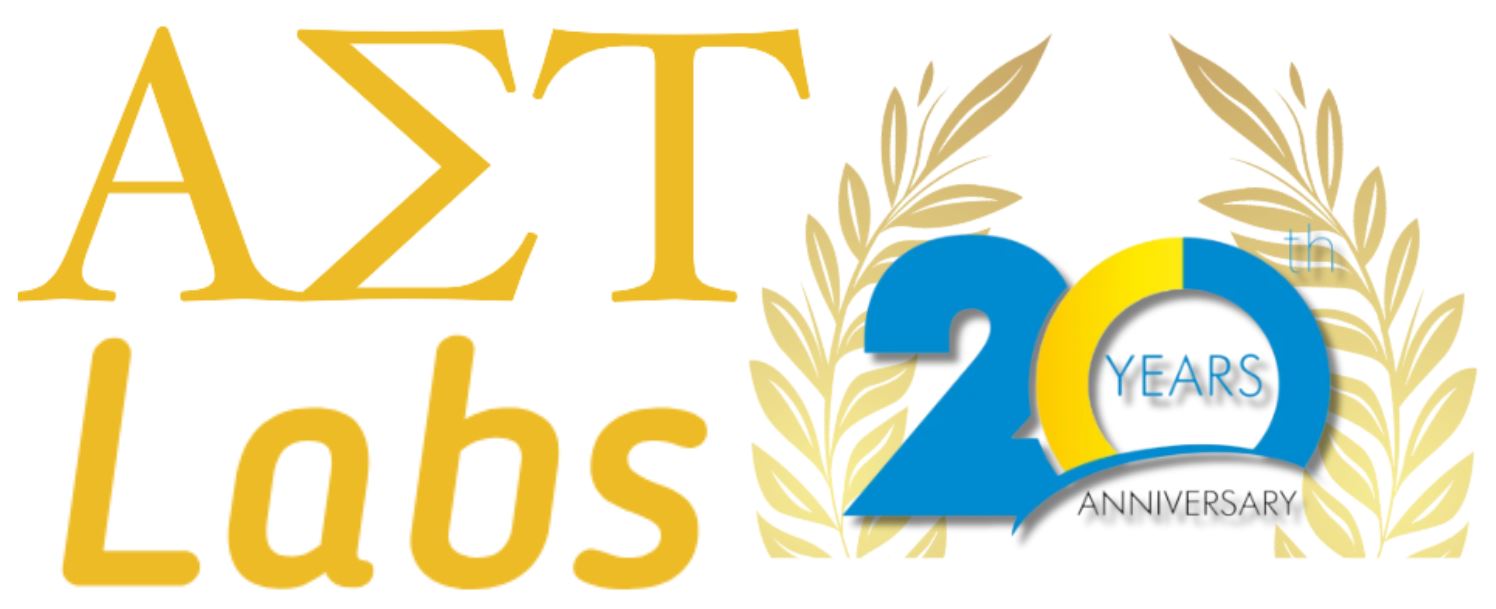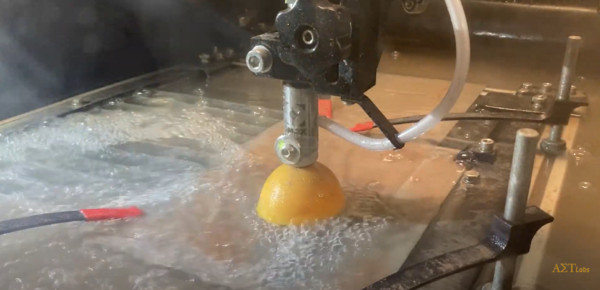“That’s what CTE is all about. Giving students an opportunity to explore their interests without the commitment of college,” Mark Richards of Lewiston Regional Tech Center in Maine shared with us. As the Mechanical and Manufacturing Engineering/Robotics program instructor, Mark has been fostering creative ways for students to explore engineering for 21 years. We spoke to Mark about how his students gain real-world experiences through the program.
Industry Equipment in the Lab
The ultimate goal for the Mechanical and Manufacturing Engineering/Robotics program is to prepare juniors and seniors to go on to college or into the workforce after graduation. The program emphasizes using a range of industry-relevant equipment in the lab so students get exposure to the same design software and machines they will use after high school. One of their most recent additions has been the OMAX ProtoMAX Waterjet Cutter which students have thoroughly enjoyed. In addition, they have a Stratasys 3D printer, which has printed many large jobs over the years, and they are working on setting up a CNC lathe.
Hands-On Projects
The best way for students to learn is to give them projects to engage in. One project that Mark runs is a wind blade competition. The students design a blade and hub using Inventor CAD software. They 3D print the parts and connect the blade and hub with whatever they want. Then Mark brings over a large fan, and the students compete to see how much electricity they can generate!
Students have also gained experience working with “customers” and in teams, helping teachers in other programs within the school. When the Electricity program broke an extension cord wheel, his students worked with the instructor to produce a new one. When the switch cover on a table saw cracked in the Carpentry program, his students created a new one for the instructor.
Connecting with the Workforce
A manufacturing company, Maine Machine Products Company, supports students from local schools like Lewiston Tech. They offer a scholarship program covering tuition, books, and lab fees for students accepted into the Central Maine Community College Machine Tool Program after high school. While in school, students work part-time for the company and work full-time after graduating.
Mark has seen a lot of change in the industry in his two decades of teaching, but a consistent theme has been the creative ways he prepares his students for the workforce. Mark is retiring this year, and we wish him the best!


